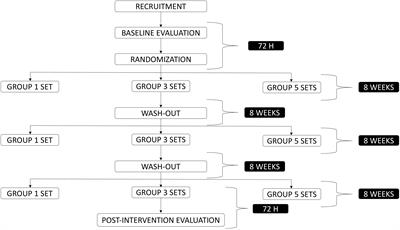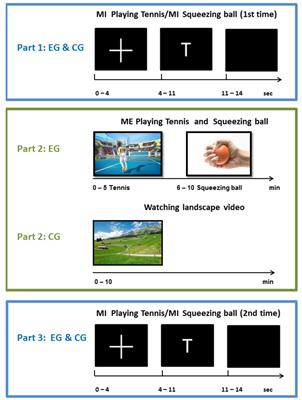OPINION
Published on 27 Aug 2019
Understanding Neural Oscillations in the Human Brain: From Movement to Consciousness and Vice Versa
doi 10.3389/fpsyg.2019.01930
- 27,299 views
- 31 citations
7,849
Total downloads
57k
Total views and downloads
OPINION
Published on 27 Aug 2019
REVIEW
Published on 18 Dec 2018
ORIGINAL RESEARCH
Published on 29 Oct 2018

ORIGINAL RESEARCH
Published on 25 Oct 2018
